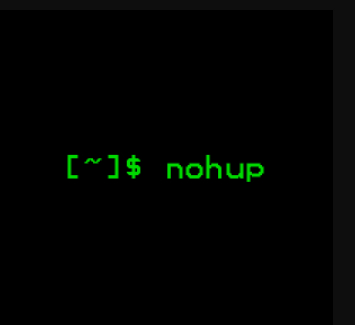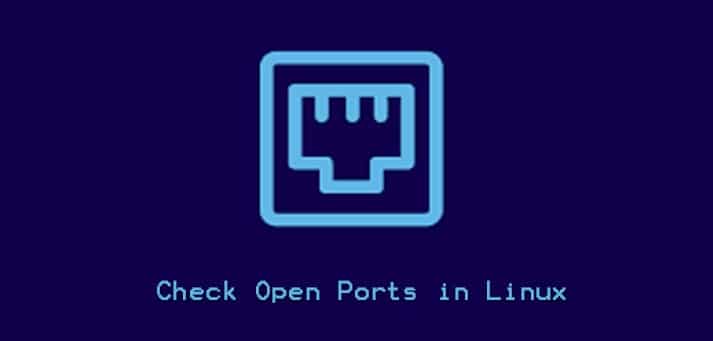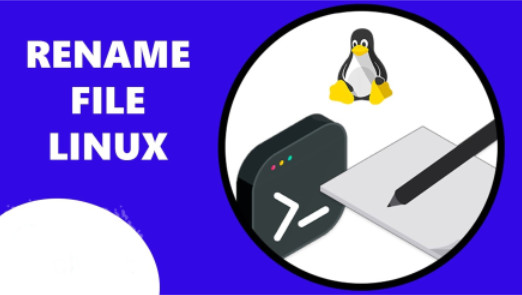Starting with Linux VPS hosting for free without a credit card Jump To… Top 5 Free Linux VPS options without needing a credit card in 2023 When seeking free Linux VPS server options without the necessity for a credit card, numerous hosting providers and platforms offer enticing services. Although these free VPS plans may entail certain limitations, they present an…











